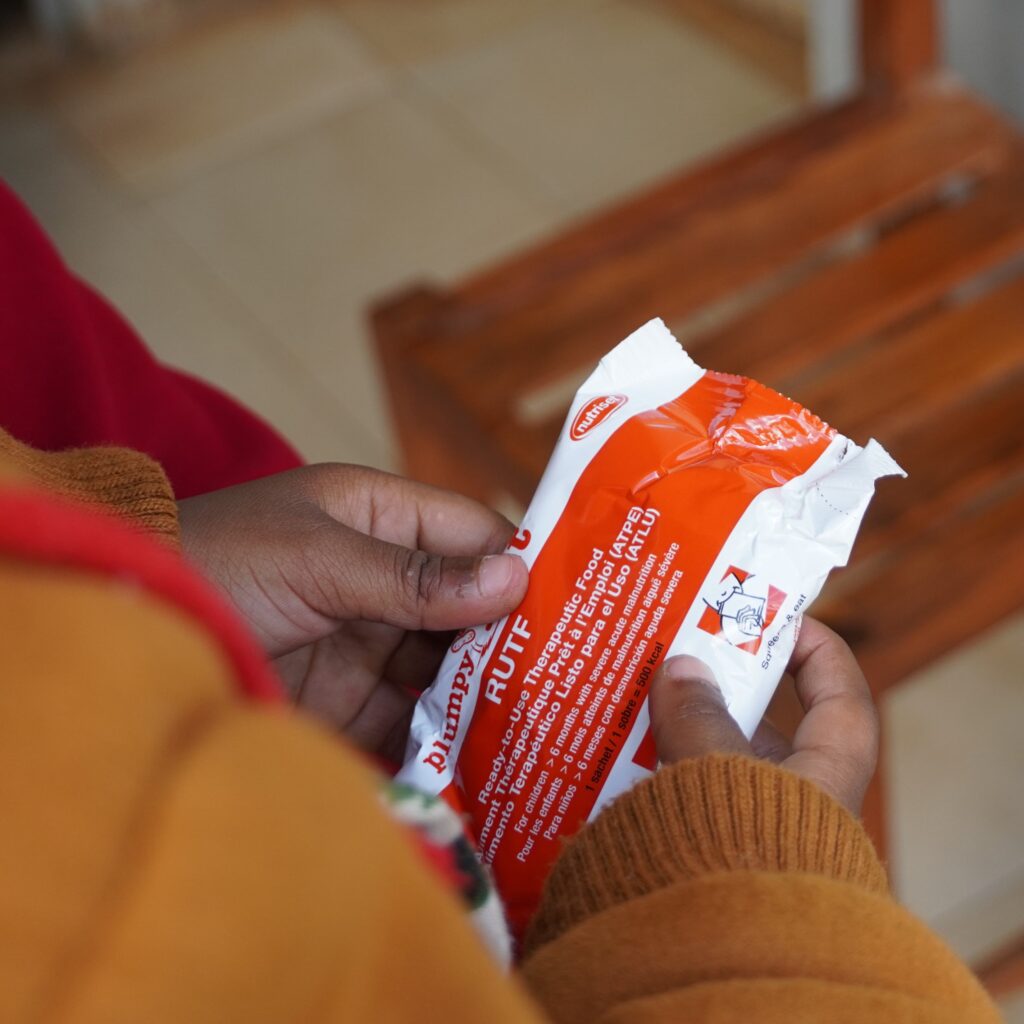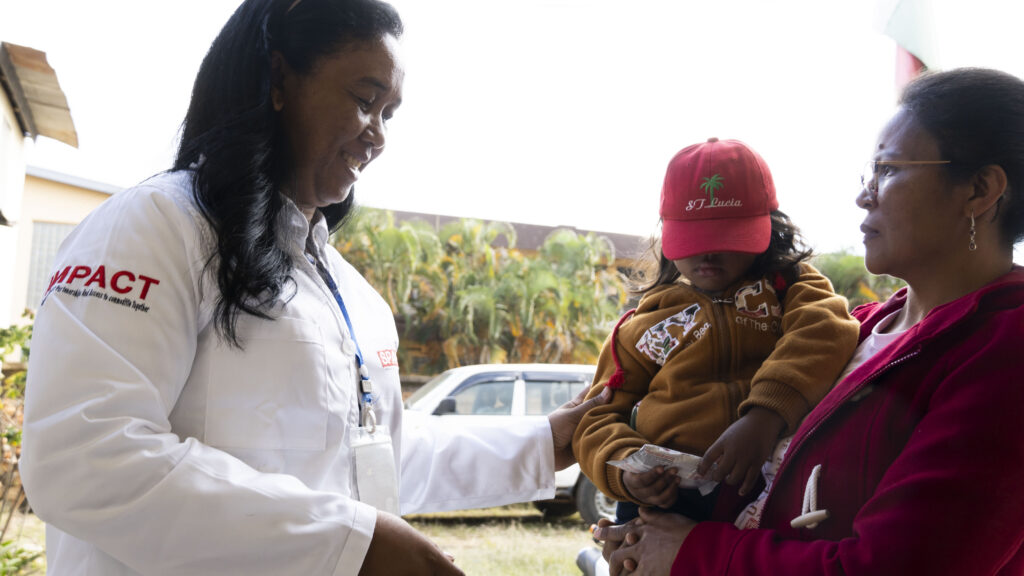Collaborative Efforts to Ensure Nutritional Supplies in Madagascar: USAID’s IMPACT and ACCESS Programs Strengthen the Fight Against Malnutrition
Collaborative Efforts to Ensure Nutritional Supplies in Madagascar: USAID’s IMPACT and ACCESS Programs Strengthen the Fight Against Malnutrition

Chronic malnutrition is a serious issue in Madagascar, affecting nearly 40% of children under age 5, according to the country’s 2022–2026 National Action Plan for Nutrition. This crisis stems from issues that include poverty, food insecurity, and recurring climate disasters like droughts and cyclones that disrupt agriculture.
Local health centers often face stock-outs of essential nutritional supplements and fortified foods, making it difficult to treat severe malnutrition. Issues related to commodity quantification and distribution hinder coordination between the various stakeholders responsible for the supply chain and require capacity-strengthening initiatives. Narindra Raherimandimby, Nutrition Lead at the Public Health District Service (SDSP) of Antsirabe I, emphasizes, “without these commodities, we can’t properly treat severe malnutrition cases.”

To address these challenges, two USAID-funded programs Management Sciences for Health (MSH) is helping to implement, Accessible Continuum of Care and Essential Services Sustained (ACCESS) and Improving Market Partnerships and Access to Commodities Together (IMPACT), worked closely with local health officials to improve the supply chain for nutritional supplements, ensuring that health centers have the necessary resources to combat malnutrition.
Nutrition managers at regional and district health offices received training from the ACCESS program on commodities management. Following training, we supported local managers in data collection and analysis between 2021 and 2023, using DHIS2 and monthly activity reports to submit accurate orders of nutritional supplements on a quarterly basis.
Upon submission of this data, the IMPACT project took over and collaborated with technical staff from the Malagasy government to review and validate the quarterly order for SDSP Antsirabe I. The country’s central medical warehouse, SALAMA, subsequently transported enough nutritional supplements and fortified food to Antsirabe I to treat malnutrition cases in the district, on time and in adherence to the regular distribution plan.
Narindra expressed her satisfaction with the collaboration, stating, “This work helps us submit accurate and prompt orders, ensuring health facilities receive the right quantities of commodities to meet their needs.”
The success in Antsirabe I has led to the replication of this process in other districts. The data collected was used for the annual quantification exercise, and the resulting forecasting and supply plans generated for 2024–2026 were presented and approved by the Logistics Management Committee led by the Secretary General of the Ministry of Public Health. This approval opens the door for mobilizing more financial resources to improve health outcomes across Madagascar.